Bringing a child into the world is a life-altering experience, filled with moments of profound joy and, just as often, overwhelming challenges. It’s common to hear about the “baby blues”—periods of sadness, weepiness, or anxiety in the first couple of weeks after birth. But for many new parents, these feelings don’t fade. They may intensify, becoming a heavy, persistent fog that makes it difficult to care for yourself or your new baby. This is known as postpartum depression (PPD).
If this sounds familiar, please know two things: You are not alone, and it is not your fault.
Postpartum depression is a common and serious medical condition. Research from the National Institute of Mental Health (NIMH) indicates that PPD is more than just sadness; it can involve severe mood swings, exhaustion, and a sense of hopelessness. It’s caused by a combination of hormonal, emotional, physical, and environmental factors.
This article is intended to provide information and an informal self-screening tool. It is not a substitute for a professional diagnosis. Its purpose is to help you organize your thoughts and feelings so you can have a more productive conversation with a healthcare provider.
Informal Postpartum Depression Screener
Disclaimer: This is an informal screener and NOT a formal diagnostic tool. It is simply a way for you to get an idea of your score and see if your feelings and experiences align with common symptoms of postpartum depression. It cannot and should not replace a comprehensive evaluation by a qualified mental health professional or medical doctor.
Instructions: Read each question below and think about how you have felt over the past two weeks.
The 30-Question Informal Screener
- Have you felt deeply sad or despairing for most of the day?
- Have you lost interest or pleasure in activities you used to enjoy?
- Have you felt guilty, worthless, or like a “bad” parent?
- Have you been crying more often than usual, sometimes for no apparent reason?
- Have you felt overwhelmed by your responsibilities as a parent?
- Have you felt constantly anxious, worried, or “on edge”?
- Have you experienced panic attacks (racing heart, trouble breathing, feeling of dread)?
- Have you had difficulty sleeping, even when the baby is sleeping?
- Have you been sleeping far more than usual (and still feel exhausted)?
- Have you felt exhausted or had “no energy” almost every day?
- Have you noticed a significant change in your appetite (eating much more or much less)?
- Have you felt irritable, angry, or “snappy” with your partner, family, or other children?
- Have you had trouble concentrating, remembering details, or making decisions?
- Have you felt restless, unable to sit still?
- Have you felt “numb” or disconnected from your baby?
- Have you had doubts about your ability to care for your baby?
- Have you withdrawn from your friends and family?
- Have you felt hopeless about the future?
- Have you felt that life isn’t worth living?
- Have you had scary, intrusive thoughts about something bad happening to the baby?
- Have you had thoughts about harming yourself?
- Have you had thoughts about harming your baby?
- Have you felt “foggy” or like you are not in your own body?
- Have you felt intense shame about your feelings?
- Have you experienced physical aches and pains (like headaches or stomach issues) with no clear cause?
- Have you found it difficult to laugh or see the “bright side” of things?
- Have you worried excessively about your baby’s health, even when reassured by doctors?
- Have you felt lonely, even when surrounded by people?
- Have you felt that you can’t be the “old you” ever again?
- Have you felt “touched out” or wanted to “escape” from everyone, including your baby?
What Your Informal Score Might Mean
Count your “Yes” answers. A higher number of “Yes” answers does not mean you have PPD, but it strongly suggests that you are experiencing significant distress and should speak with a professional.
If you answered “Yes” to questions 21 (thoughts of self-harm) or 22 (thoughts of harming your baby), please seek help immediately. You can call or text the 988 Suicide & Crisis Lifeline at 988 or go to your nearest emergency room.
This screener is a starting point. Take these results to your OB/GYN, primary care physician, or a therapist. They can help you understand what’s happening and create a plan to help you feel better.
A Note on Neurodiversity: AUDHD, PPD, and Overwhelm
The postpartum period is one of massive sensory, social, and executive function upheaval. For individuals who are neurodivergent, this transition can be especially jarring.
AUDHD refers to the co-occurrence of Autism Spectrum Disorder (ASD) and Attention-Deficit/Hyperactivity Disorder (ADHD). It’s common for individuals (especially women and AFAB individuals) to go undiagnosed until adulthood.
The symptoms of postpartum depression can sometimes overlap with or be amplified by undiagnosed neurodivergence:
- Extreme sensory overload (constant noise, touch, light) can lead to irritability and withdrawal.
- Executive dysfunction (trouble with planning, initiating tasks, memory) can feel like “brain fog” or being “overwhelmed.”
- Social exhaustion (from visitors or navigating parenting roles) can look like social withdrawal.
- Rejection Sensitivity Dysphoria (common in ADHD) can intensify feelings of guilt or being a “failure” as a parent.
If you have always felt “different,” struggled with social cues, felt easily overwhelmed by your senses, or had trouble organizing your life before you had a baby, and these feelings are now at an all-time high, it may be worth exploring. We recommend speaking to a mental health professional about your PPD concerns first, and also exploring an informal autism or ADHD screener to see if this is a conversation you’d like to have with a specialist.
Final Disclaimer: This Is Not Medical Advice
The information provided in this article, including the informal screener, is for informational and educational purposes only. It is not intended as, and should not be understood or construed as, medical or psychological advice, diagnosis, or treatment. The content here is based on research and evidence, but it is not a formal evaluation. It is just a way for you to get an idea of your score and experiences. Always seek the advice of a qualified health professional with any questions or concerns you may have regarding your health or a medical condition.
Resources and Citations
Resources
- Postpartum Support International (PSI): Provides direct peer support, resources, and a helpline.
- Call 1-800-944-4773 or Text “Help” to 800-944-4773
- Website: https://www.postpartum.net/
- National Institute of Mental Health (NIMH) on Postpartum Depression:
- 988 Suicide & Crisis Lifeline:
- Call or Text 988 (Available 24/7)
- ADDitude Magazine (Resources for ADHD and AUDHD):
- Autistic Women & Nonbinary Network (AWN):
Citations
- Postpartum Depression – National Institute of Mental Health (NIMH) (https://www.nimh.nih.gov/health/publications/postpartum-depression)
- Postpartum Depression – Mayo Clinic (https://www.mayoclinic.org/diseases-conditions/postpartum-depression/symptoms-causes/syc-20376617)
- The Edinburgh Postnatal Depression Scale (EPDS) – Cox, J.L., Holden, J.M., & Sagovsky, R. (1987). (https://www.ncbi.nlm.nih.gov/pmc/articles/PMC4503387/)
- “The prevalence of co-occurring autism and ADHD has been reported to be as high as 80%.” – Hollingdale, J., Wood-Downie, H., & Runi, M. (2022). Autism and ADHD. Neuroscience and Biobehavioral Reviews. (https://www.sciencedirect.com/science/article/pii/S014976342100466X)
- “Postpartum mental health in autistic mothers: A systematic review and meta-analysis.” – Gressier, F., et al. (2021). Neuroscience & Biobehavioral Reviews. (https://pubmed.ncbi.nlm.nih.gov/33864817/)









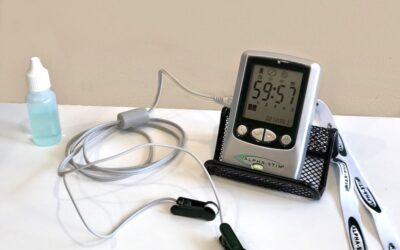





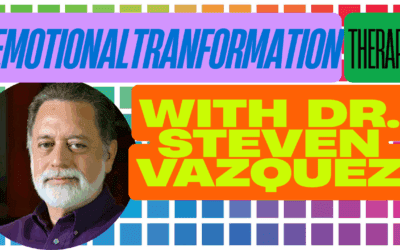

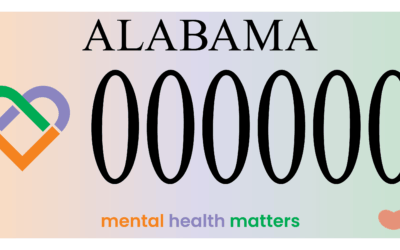
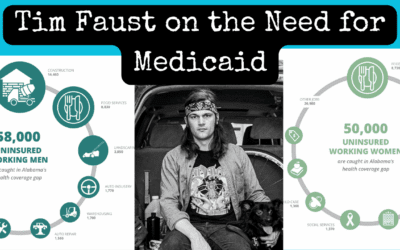






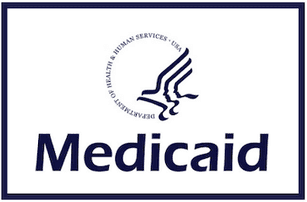

0 Comments